When Danny Mena started out in the mezcal world he launched Mezcales de Leyenda around the concept of representative mezcals for each state. They were higher end bottles designed to reflect the core identity of many mezcal producing traditions and succeeded in that sense but once Danny was bringing Leyenda into the US he immediately saw that the need for a cocktail mezcal as well. “I said shit, my partner said I got this mezcal (Pelotón), right price, really fucking good, when we brought it in we made a conscious decision to make its own identity. They really had two different personalities, Peloton quickly took the lead in volume and sales.
Soon Danny was met by “you’re the guy from Peloton, that’s awesome!” when he visited bars because the one liter bottle was something of a bartender’s best friend. Great format, great price, very approachable. That got Danny thinking that “the Peletón brand really needs a personality, needs some siblings, needs to be respected as a brand…I really wanted another mezcal that had the ease of drinking, the quality, but at a bit higher proof, for people in the world where bottom line isn’t the only driving factor for what they drink in their bar, they could find something else that could stand against other brands. “
And that’s where the Obregón family comes in. The Obregóns had previously made Leyenda’s Agave Montana mezcal which is a really stunning bottle made from a truly strange agave that is still relatively unknown to anyone outside of Tamaulipas. Danny and his partners had been impressed by other Obregón distilling projects made in their home palenque outside of Mazatlan in the state of Guerrero, especially mezcals made from the the local cupreata called Ancho and the local angustifolia known as Criollo aka A. agustifolia Rubescens. The combination of a strong working relationship and great mezcal led them into a partnership for the new Peletón bottles.
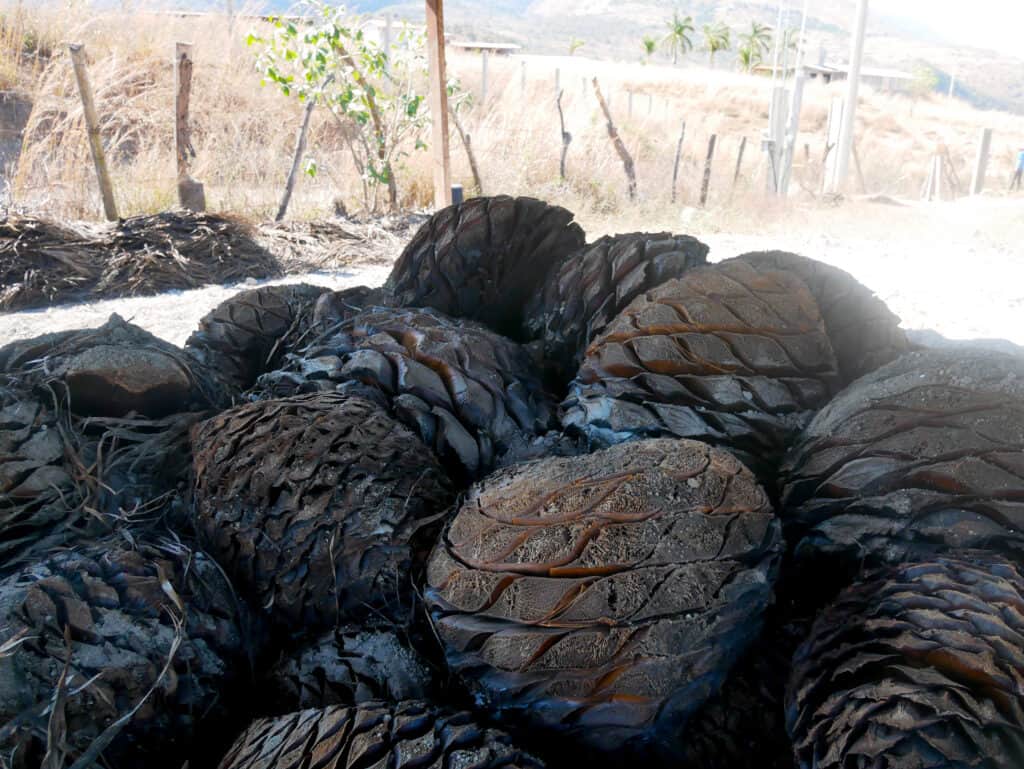
They worked on bringing the ABV up in order to make the flavors really prominent. Along the way Danny and his partners noticed that the Obregóns have a lot of stills spread across their three palenques above Mazatlan among them, a wood Filipino still. The Obregóns suggested that they could do a two pass distillation for the Criollo, once in a copper alembic and then a refinado pass in the Filipino still which brought it up to 50% ABV and voila, you get the bottle now on the market.
The new Peletón pechuga has a similar back story that blends local traditions with market forces. The first thing to note is that it’s not officially a pechuga. The word doesn’t appear on the bottles because the CRM definition of a pechuga insists that it contain an animal. There have long been meat free pechugas using that name formally like Wahaka’s Vegan Pechugas as well as the umpteen varieties out there made with local fruits and herbs. Plus given the ecological imperative, you’d think that you’d want to encourage this sort of thing. Alas.
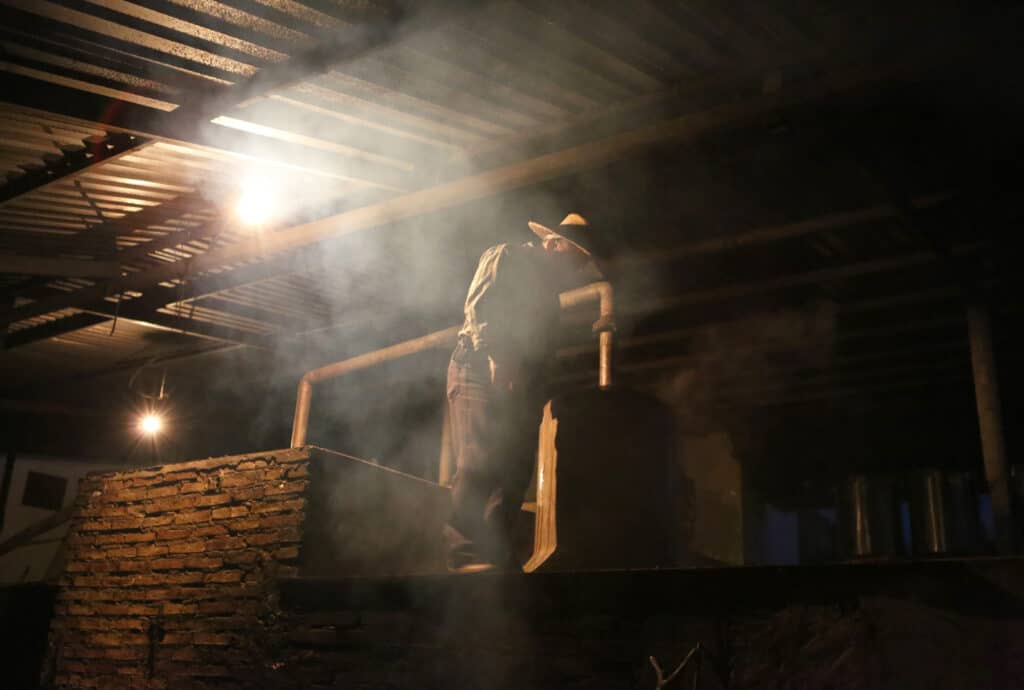
The Pelotón crew asked the Obregóns to see what they had in the pechuga vein because, as Danny says “I’d like to find something unique that respects the area.” So, “we went out there and did a tasting of 30 different mezcals, bugs, herbs, fun little afternoon.” Unfortunately they couldn’t find a mezcal what really inspired them so at the end of that the Obregóns said ok, let’s a have a sip of what they like to drink and that’s when they pulled out a bottle of the family pechuga which really impressed the Peletón crew.
As they started working on making a version of the Obregón family pechuga for the Peletón label a few interesting things came to light. As Danny noted, “pechuga is such a Oaxacan thing” but the Obregóns had been doing their own in Guerrero and thought it was just a normal thing. And, as they worked with Hector Obregón, the eldest son in the family, on the project they realized that he was using just a two pass distillation. Generally Oaxacan pechugas are triple distilled with the third pass where meats or other ingredients are included so this was a real innovation even if they had no idea that anyone did it any other way.
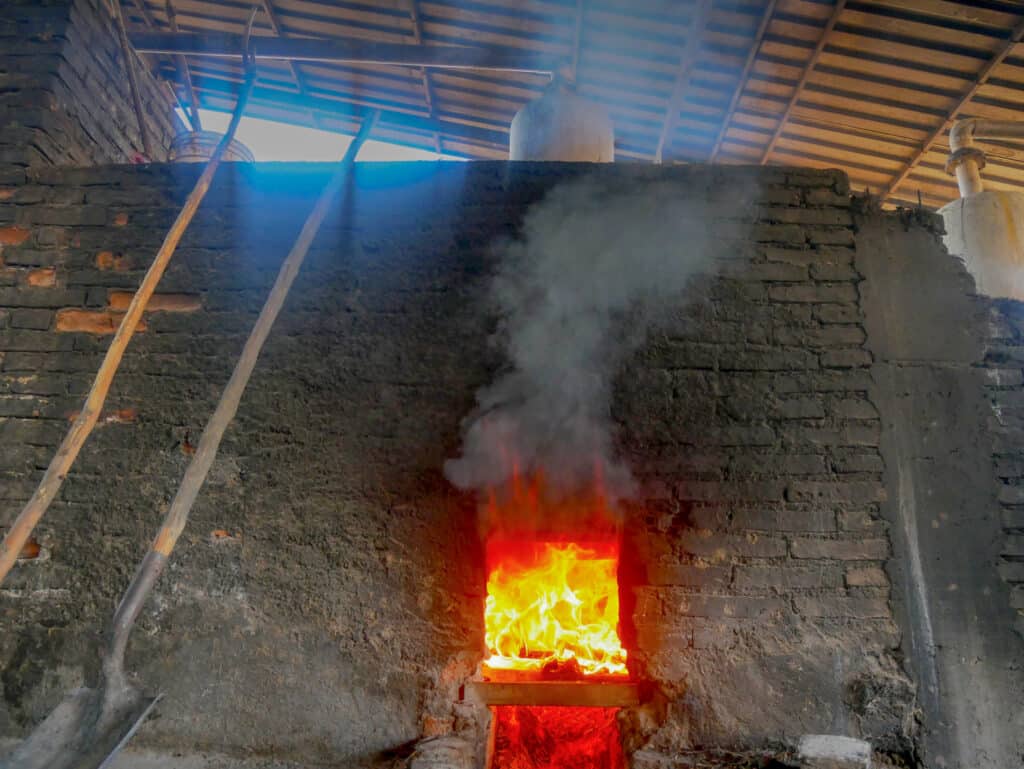
The only down side to this whole story is that Pelotón launched in the midst of the pandemic so it’s been a very difficult road for the brand, especially since they’d been so dependent on the on-premise market and these new expressions feel like they’d be perfect fits for cocktails. But they’re not going anywhere. As things open maybe the peletón will gain strength.


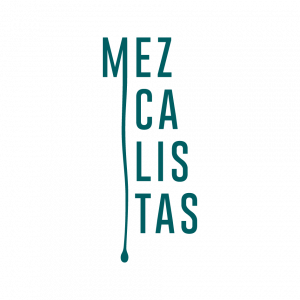
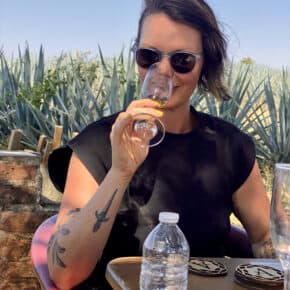
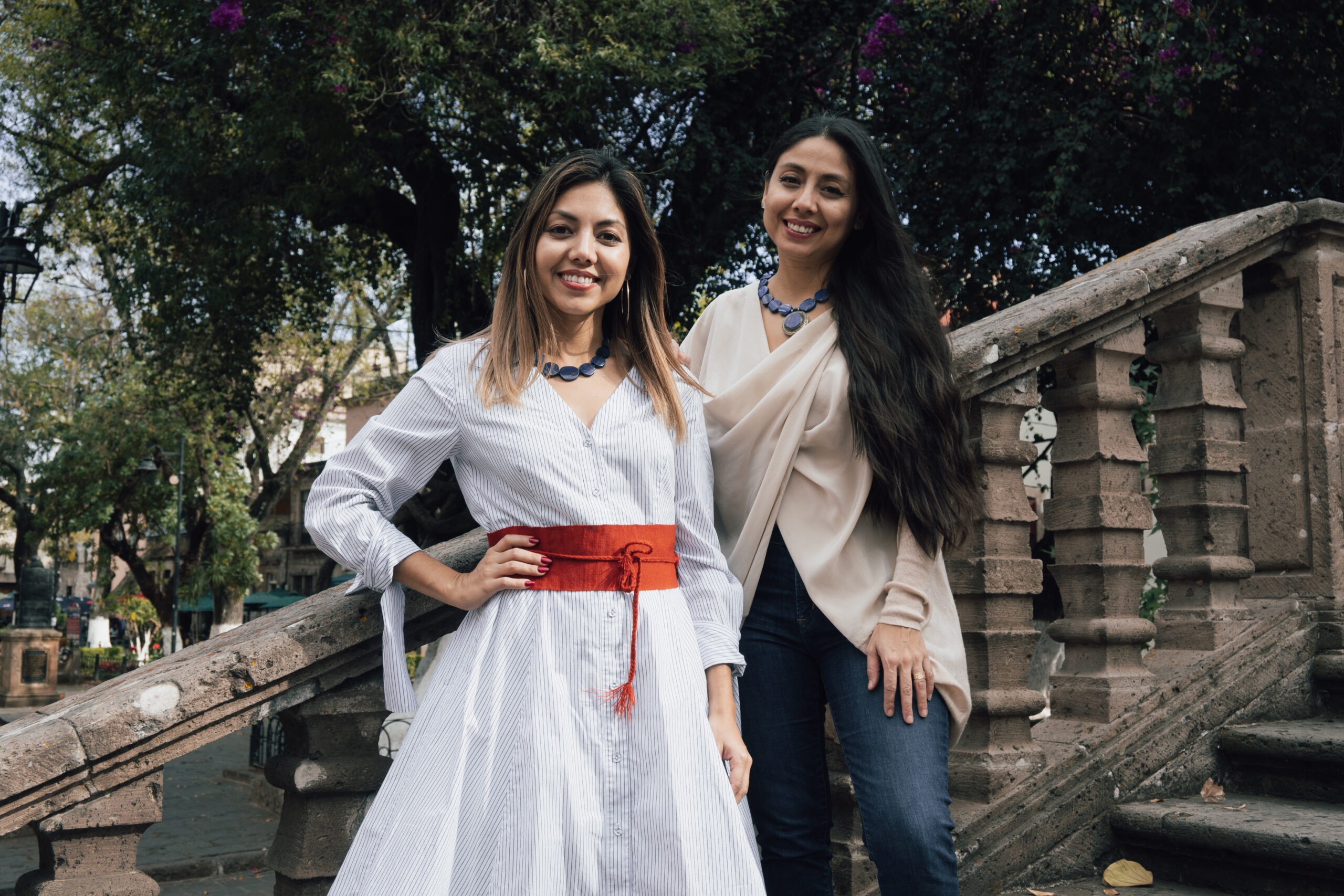
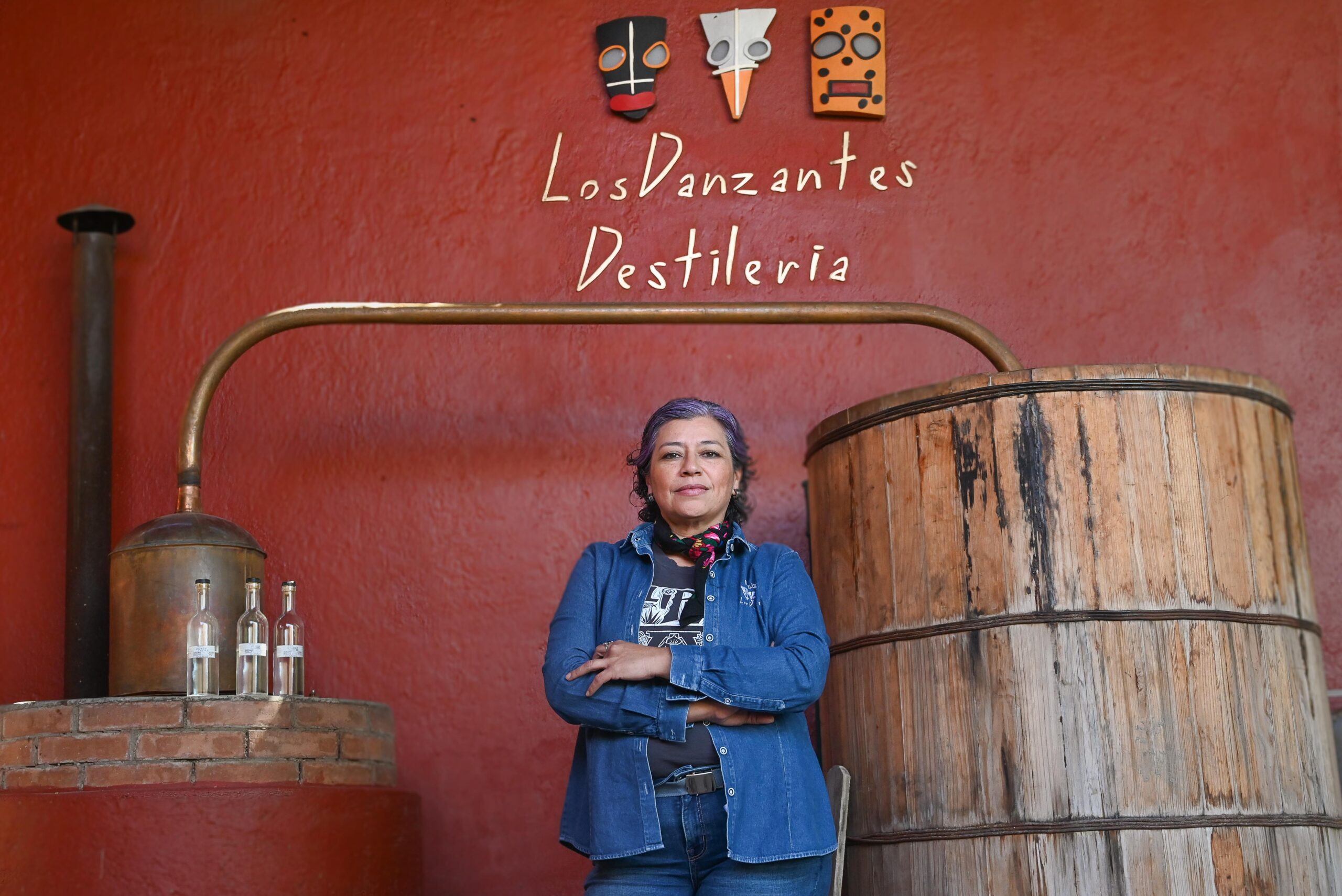
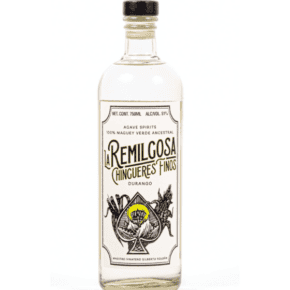
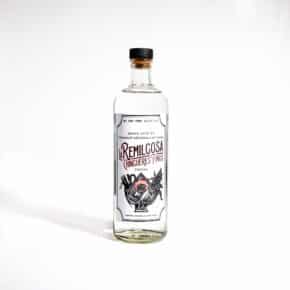
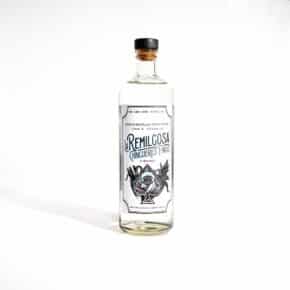


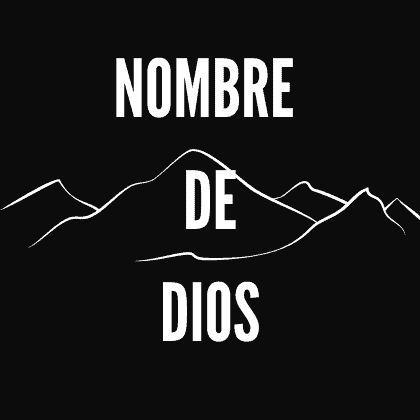



Leave a Comment